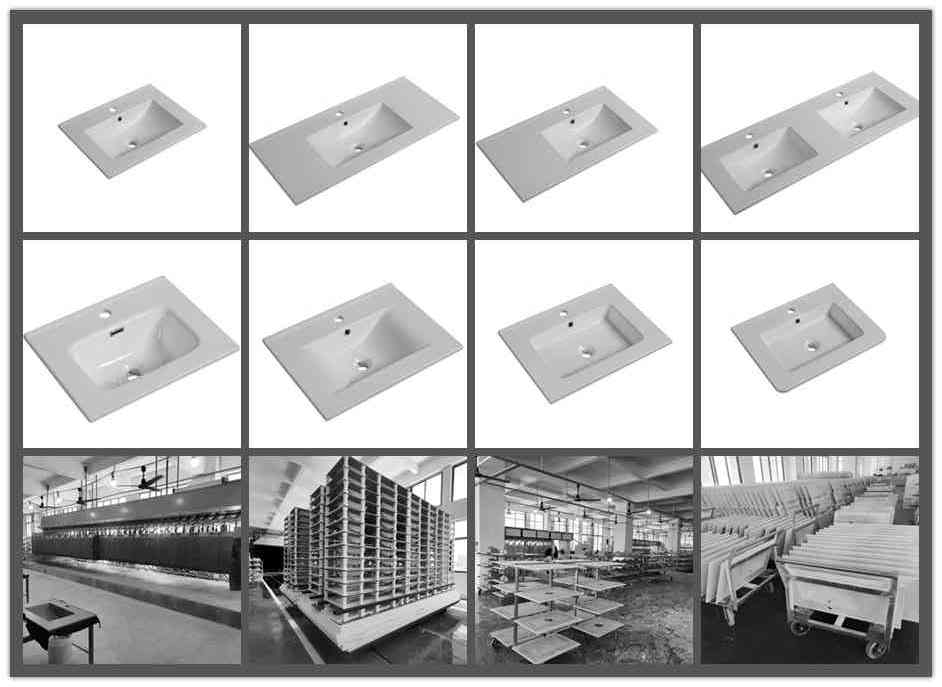Recently, Panorum Technologies, a biotechnology startup from Bangalore, India, has successfully developed 3D bioprinted liver tissue that mimics human liver function. This result will reduce the cost of biomedical research and development, and may eventually lead to the emergence of portable 3D printed liver. This breakthrough made Pandorum the first Indian company to develop 3D bioprinted liver tissue, a major step in the direction of making 3D printed human organs on demand. In addition, the company noted that its 3D printed artificial liver cells can survive for up to 4 weeks. Today, bioprinting has become one of the fastest growing segments of the 3D printing market. Research institutions and companies all over the world have started research competitions in various fields: liver, pancreas, skin, vascular system and so on. Not long ago we have seen some major breakthroughs, such as the provision of nutrient and self-assembled 3D printed "live" blood vessels, as well as 3D printed thyroid gland successfully transplanted to mice. The significance of the 3D biological liver is that the liver is the main organ of the body's defense of toxins and is considered to be one of the most complex functional organs in the human body. The emergence of functional artificial 3D printed liver tissue has the potential to significantly reduce animal and human trials and help doctors develop new drugs and vaccines. "We can mimic the human liver's 3D bioprinting mini liver as a test platform that can more effectively discover and develop new drugs, reduce drug side effects, and reduce development costs," said Pantorum co-founder Arun Chandru. On average, pharmaceutical companies that develop a new drug to get an FDA-approved listing often cost more than $1 billion and can take up to 10 years. Pandorum expects that their technology can cut the cost of drug development and testing by 30%, especially in the Indian market, and its regulations on drug testing are even stricter than in the US and Japan. “This is a multi-billion dollar fast-growing market and we intend to continue to be a leader. More importantly, our technology has the potential to affect millions of lives,†Chandru said. Pandorum Technologies was co-founded by Arun Chandru and Tuhin Bhowmick in 2011. They are graduates of the Indian Institute of Science. At the time they founded the company to develop biomimetic elastin-based hydrogels for tissue engineering applications. The company also received financial support from the Biotechnology Industry Research Grants Agency (BIRAC) with the Indian government background. The company's current office is located at the Cell and Molecular Platform Center (C-CAMP) in Bangalore, an incubator for technology innovation companies in the country.
Undercuonter Bathroom Sink. offers a simple, compact and highly adaptable solution for any bathroom space. Create a seamless counter-to-basin transition. Sleek styles and ease of cleaning are what makes these the preferred design choice. Our bathroom sinks come in styles and installations to match any lifestyle
Bellamar are specialized in Ceramic basins for over 20 years, located in Chaoshan, China with 2,2000㎡ workshop, +100 employee.. Our monthly export volume is 40 containers, mainly to Europe, Asia.
Under Countertop Basin,Undercounter Washbasin,Small Ceramic Wash Basin,Under Counter Top Wash Basin BELLAMAR SANITARY WARE CO., LIMITED , https://www.bellamarbath.com
Our Advantage is:
1. complete Size & Color
2. High quality
3. Competitive price
